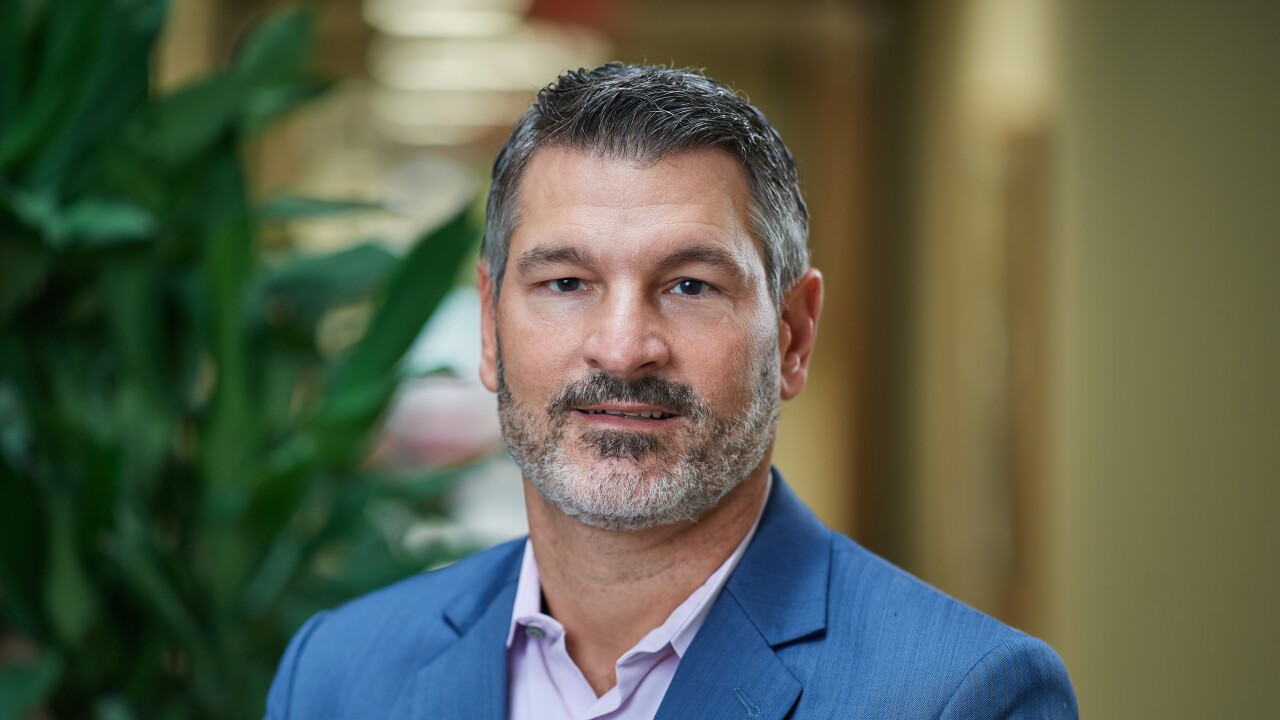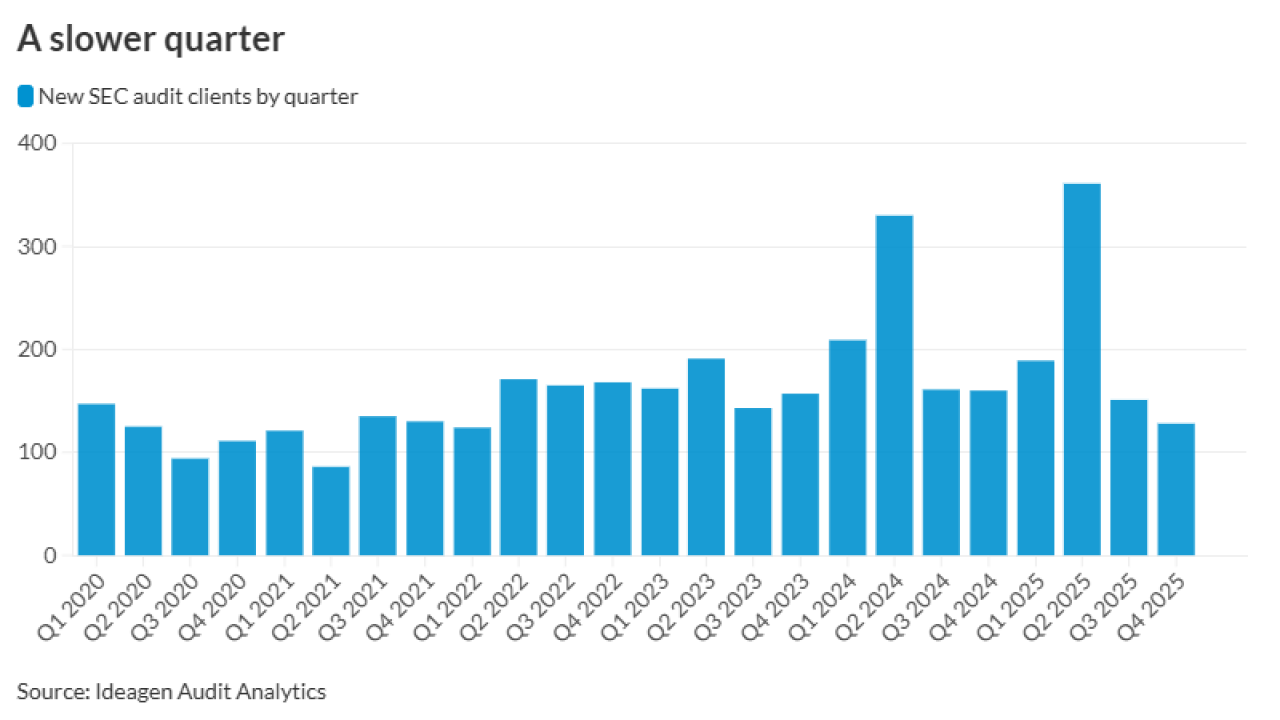Like many good ideas, Weiser's Buddy System started over drinks.
Casey Barnes had just finished his first busy season and went out with some of the other first-year employees at the New York-based accounting firm to share their experiences.
The consensus among the group seemed to be they wished someone in the firm had taken them under their wings to warn them about some of the problems they may encounter.
Barnes sent an email to Weiser's HR department outlining what the group had discussed and proposing creating a Buddy System to pair new hires up with second-year staffers to help solve the problem.
"(HR) said, 'Why don't you just take it and run with it,'" Barnes recalls. "I emailed my class about how they would feel being buddies to the new class. I made a PowerPoint with criteria and said I would be in charge."
Barnes only received a couple of negative responses, which he assumes were because those people didn't want to commit their time.
The two main criteria were that they wanted the program to be informal and they wanted to pair first-years up with someone close to their age.
"When you get older in the audit world, you lose focus that coming out of college you're scared as hell," Barnes says. "We wanted someone who just experienced it. They tend to listen to someone closer to their age. If they're six, seven years older, you listen, but do you really hear them?"
Barnes and his group considered giving out cell phones and personal email addresses, but they decided to stick with just work emails and let the relationships evolve from there.
"I kept saying, 'Make it what you want,'" Barnes says.
One of the senior buddies, Safat Hannan, likes taking his younger co-workers to lunch and making the relationship social.
Because the Buddy System is voluntary, Hannan says, "the assumption is people generally want to be active and help the people that are assigned to them."
Perhaps the reason the Buddy System was able to take off so quickly was because Weiser formalized a mentoring program for its incoming class two years ago.
The firm does a mass hiring of roughly two dozen college grads who start the Monday after Thanksgiving. They all sit in a common staff room instead of individual offices and undergo a two-week training and career development program.
Each of them is paired with a Partner Counselor who they must meet with at least four times per year to help them understand the inner workings of the firm.
Hannan was matched with a Partner Counselor and said he appreciated the opportunity to connect with a partner on a personal level.
"I'm going to meet people at the intermediate level just walking around," Hannan says. "I was coming in with a blank slate and it helped me be more comfortable with the workplace-not so much about audit, but how the firm makes money."
Weiser continues seeking feedback from the staff about how to improve the program and is considering extending the Buddy System to older staff who have expressed interest.
There's always room for improvement, but what Weiser is doing right is empowering its junior staff to decide what those improvements will be instead of handing down mandates from partners who are decades removed from them.
Survey Says
WAYS TO REDUCE FINANCIAL STRESS
66% - Gen X: Using coupons
70% - Boomers: Comparison shopping
30% - Gen Y: Working more to increase income
Source: Scottrade 2009 American Retirement Study
Accounting Tomorrow is a monthly column in Accounting Technology magazine that runs in conjunction with a SourceMedia Web site dedicated to stories addressing intergenerational issues, www.accountingtomorrow.com.





